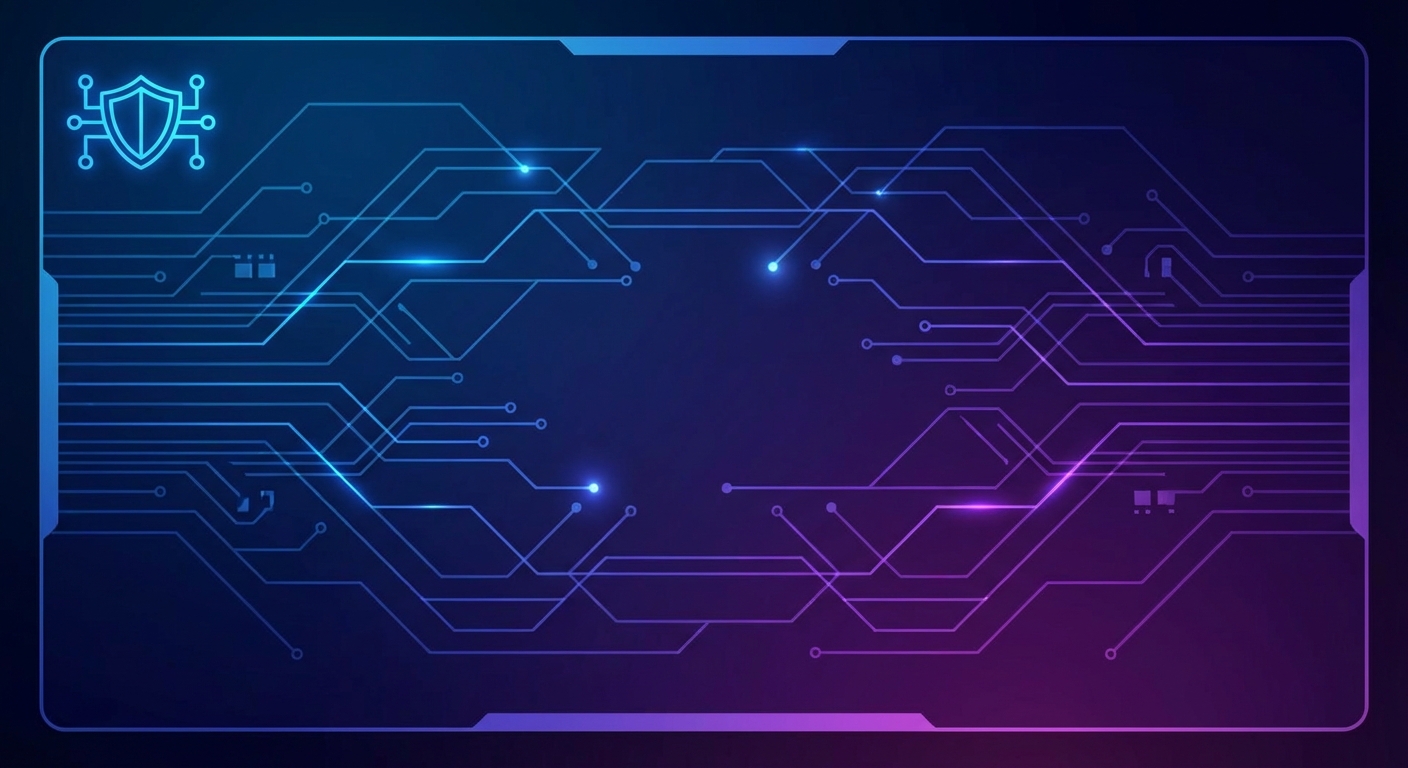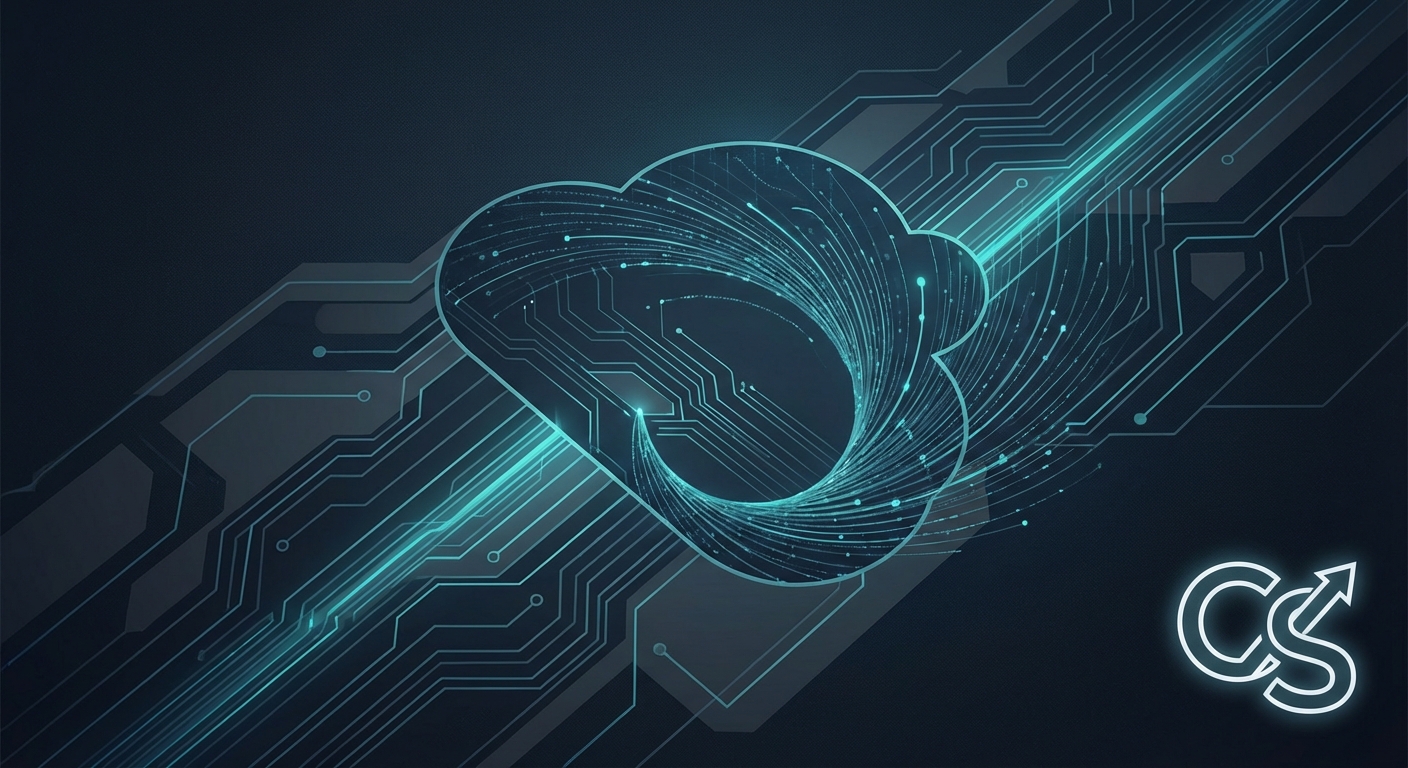AI Agent Identity Management: Ensuring Trust in the Future
TL;DR
Introduction: The Dawn of AI Agents and the Identity Imperative
Okay, so ai agents are kinda blowing up, right? It's not just sci-fi anymore – these things are actually here, doin' stuff. But, like with any new tech, there's a catch.
- AI agents need identities (The 'superuser' blind spot: Why AI agents demand dedicated identity ...): Think of it like this, if you don't know who's driving the car, how can you trust were they are going?
- Security risks: ai agents can be hacked, just like anything else.
- Identity management is key: Controlling who--or what--can access what is vital.
Without solid identity management, things can get messy--and fast. This is why understanding the critical nature of AI agent identity is so important.
Understanding AI Agent Identity: Unique Challenges
Alright, so you're probably thinkin', "ai agent identity, why should i care?" -- well, turns out it's kinda important, especially when you start thinkin' about security and trust. It's not just about makin' sure these ai things don't go rogue, but also about makin' sure they're doin' what they're supposed to, and nothin' else.
- Defining ai agent identities is tricky: It's more than just a username and password, ya know? You gotta think about what that ai agent is, what it does, and what it's allowed to do. Like, is it a simple chatbot, or is it some kinda powerful ai that can move money around?
- Roles and permissions get complicated fast: ai agents aren't static; their jobs change, and so do their permissions. Imagine a healthcare ai that starts by scheduling appointments but then gets upgraded to diagnose patients. You gotta make sure it's not suddenly accessing data it shouldn't be.
- Scalability is a real headache: Managing a handful of ai agents is one thing, but what about hundreds, or even thousands? Traditional identity management systems just aren't built for that kinda scale.
Think about a retail company usin' ai agents to manage inventory. Each agent needs access to specific data, but you don't want 'em steppin' on each other's toes, or worse, messin' with financial records.
So, yeah, understanding ai agent identity is the first step, but it's clear there's challenges. Now, let's explore how we can actually define these identities in a way that makes sense, by looking at the core principles that guide their management.
Core Principles of AI Agent Identity Management
Okay, so, you're lookin' to keep those ai agents in check, huh? Centralized identity governance is kinda like having a master key for all your digital employees--or, in this case, ai agents. These principles help us define what an AI agent's identity should be and how it should be managed.
- Think of it like a digital vault: A centralized identity repository acts as the single source of truth for all ai agent identities. This means instead of a bunch of different logins and permissions scattered all over the place, you've got one place to manage everything. Makes sense, right?
- Consistent policies are your friend: Enforcing consistent policies across all ai agents is super important. This makes sure every agent, from the simplest chatbot to the most complex financial ai, is following the same rules.
- Auditing? No sweat: Streamlining auditing and compliance processes becomes way easier when everything is in one place. Need to know what an ai agent did last week? Just pull up the centralized log.
Imagine a healthcare system where ai agents are scheduling appointments, monitoring patients, and processing insurance claims. If each of these agents has its own separate identity system, it's gonna be a nightmare to keep track of who's accessing what. With a centralized system, you can easily see that the scheduling ai shouldn't be accessin' patient medical records, and flag any weird activity.
According to AI Agent News Week 20, industrial giants and retail leaders (like Siemens and Walmart) are deploying ai agents. This means governance is no longer optional, it is now a must-have.
So, centralized identity governance? It's not just about makin' things easier, it's about makin' things safer.
Implementing Robust Security Measures
Think ai agent security is optional? Think again. If these digital workers are gonna be trusted, they need some serious protection.
- Multi-Factor Authentication (mfa) is key: Just like you wouldn't leave your front door unlocked, don't let ai agents roam around without solid mfa. This means using more than just a password--think biometrics or one-time codes.
- Encryption is a must: Data accessed by ai agents needs to be encrypted, both in transit and at rest. This way, even if a hacker gets in, the data is useless to them.
According to AI Agents are the Future | What it is, How it Works, Benefits & Examples, industries like healthcare and finance are already using ai agents extensively. This makes robust security measures even more critical.
Next up, we'll dive into behavioral analytics and how it can help you catch rogue agents in the act.
Understanding Behavioral Analytics for AI Agents
Alright, so we've talked about security, and how important it is. One of the really powerful ways to beef up that security is through behavioral analytics. It's like giving your AI agents a digital security guard who's always watching.
- What is behavioral analytics? Basically, it's about monitoring the normal patterns of an AI agent's activity. Think about how you usually do your job – you have a routine, right? Behavioral analytics looks for deviations from that routine.
- How does it work for AI agents? We track things like the types of data they access, the times they access it, the commands they execute, and even the speed at which they process information. If an AI agent that normally processes customer service requests suddenly starts trying to access sensitive financial data at 3 AM, that's a big red flag.
- Why is it so important? It adds another layer of defense. Even if a hacker manages to get past initial security measures, they might not be able to perfectly mimic the AI agent's normal behavior. Behavioral analytics can spot those subtle anomalies that traditional security might miss, helping to prevent breaches or detect them much earlier.
Think of it as your AI agent's "report card" for good behavior. It helps ensure they're sticking to their assigned tasks and not doing anything suspicious.
Navigating the Regulatory Landscape
Okay, so, ai agent identity management and regulations, right? It's not exactly a party, but ignoring it is not an option.
- Compliance with gdpr and ccpa is a must: If your ai agents are handling personal data, you better make sure you're following the rules, folks. Think about it -- healthcare ai agents need to be extra careful with patient data, and retail ai agents can't just go around sellin' customer info without permission.
- Document, document, document: Keep records of everything your ai agents are doin'. It's like showin' your work in math class -- prove you're not cheatin'!
This documentation is crucial for auditing and reporting, which is basically like gettin' your ai agent's report card.
- Compliance ain't static: Regulations changes, so keep up with the latest updates and adjust your identity management practices accordingly.
The Future of AI Agent Identity Management
Okay, so ai agent identity management in the future? it's not just about keepin' things secure. It's about makin' sure these ai things can actually do what we need 'em to do, safely and reliably.
Agentic ai is changing the game: Traditional identity management ain't gonna cut it anymore. agentic ai means agents can act on their own, making decisions, so we gotta rethink how we control 'em.
Autonomous agents are rising: Think about self-driving cars, or ai that manage entire factories. they're not just followin' orders; they're makin' calls, and that mean identity is even more important.
Security and governance are paramount: If an ai can move money around, you really need to know who's in charge, right? it's not just about preventin' hacks; it's about makin' sure things are done right.
Think about a bank usin' ai to detect fraud. Each ai needs an identity, so it only access the right data, and so we know who to blame if something goes sideways.
Ultimately, the future will likely see more advanced security frameworks, like zero-trust, playing a bigger role in ensuring AI agent integrity.
Conclusion: Embracing Trust in the Age of AI Agents
So, where do we go from here with ai agent identity? Well, it's not gonna be a "set it and forget it" kinda thing, that's for sure. Things are moving too fast for that!
- Synthesizing core identity management principles: Remember that centralized control we talked about? Yeah, keep that in mind. Also, stickin' to consistent policies is gonna save you headaches down the road. These principles are the foundation for building trust.
- Recommendations for securing ai agent deployments: mfa isn't just for humans, folks. ai agents need it too. And don't forget behavioral analytics to catch those sneaky anomalies. These are practical steps for robust security.
- The importance of continuous improvement and adaptation: Regulations, threats, tech – it's all changing constantly. Keep learning, and keep adaptin'. This ongoing vigilance is key.
Think about it: a finance ai agent suddenly starts accessing HR data. Behavioral analytics should flag that immediately.
- The ongoing need for vigilance: ai agents are cool, but they ain't magic. You still gotta keep an eye on 'em.
- Adapting to evolving threats: Hackers don't sleep, so your security can't either. Stay updated on the latest threats and patch those vulnerabilities.
- Building a culture of security and trust: Security ain't just an it thing; it's everyone's job. Make sure your whole team understands the importance of keeping those ai agents safe and sound.
Ultimately, embracing trust in the age of ai agents means stayin' informed, bein' proactive, and never gettin' complacent. Do that, and you'll be well on your way to a secure and trustworthy future.





